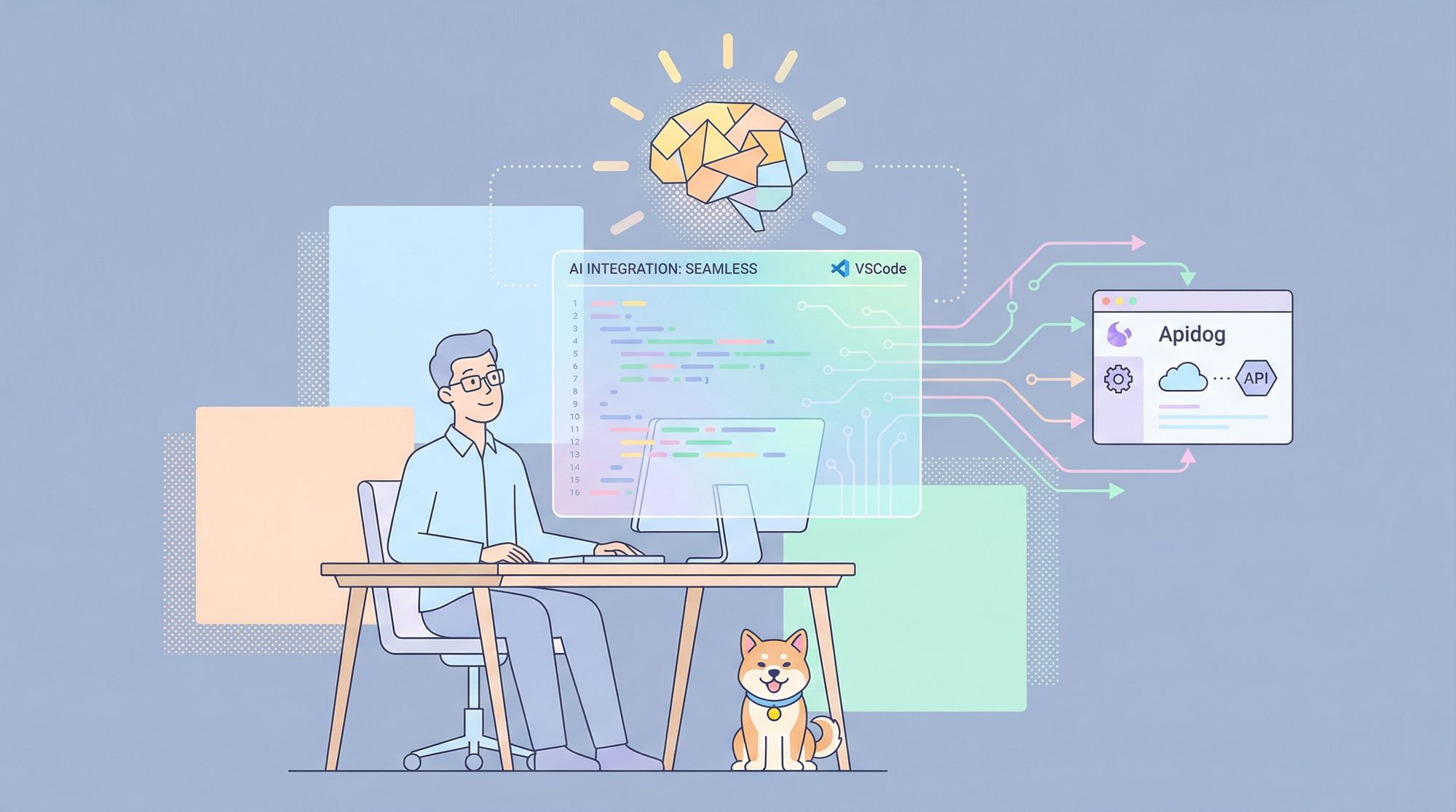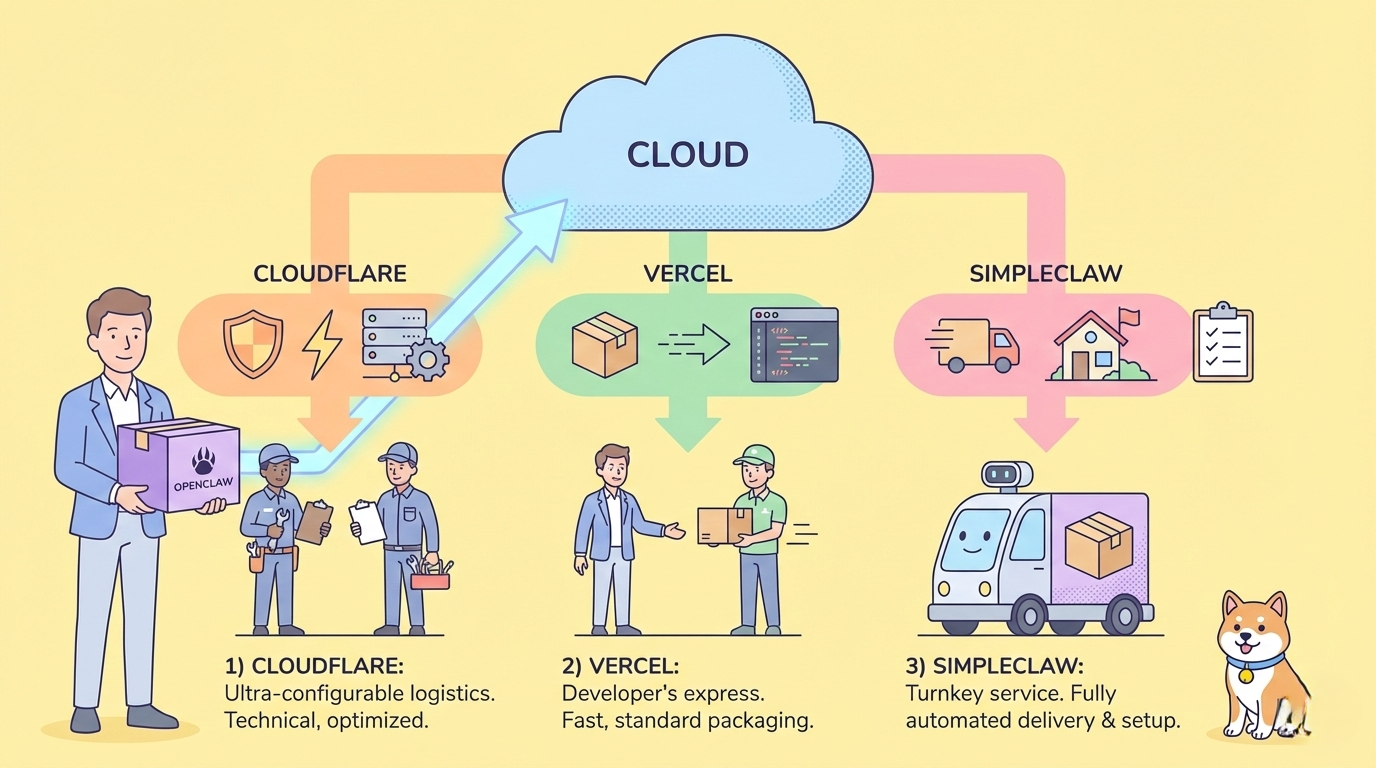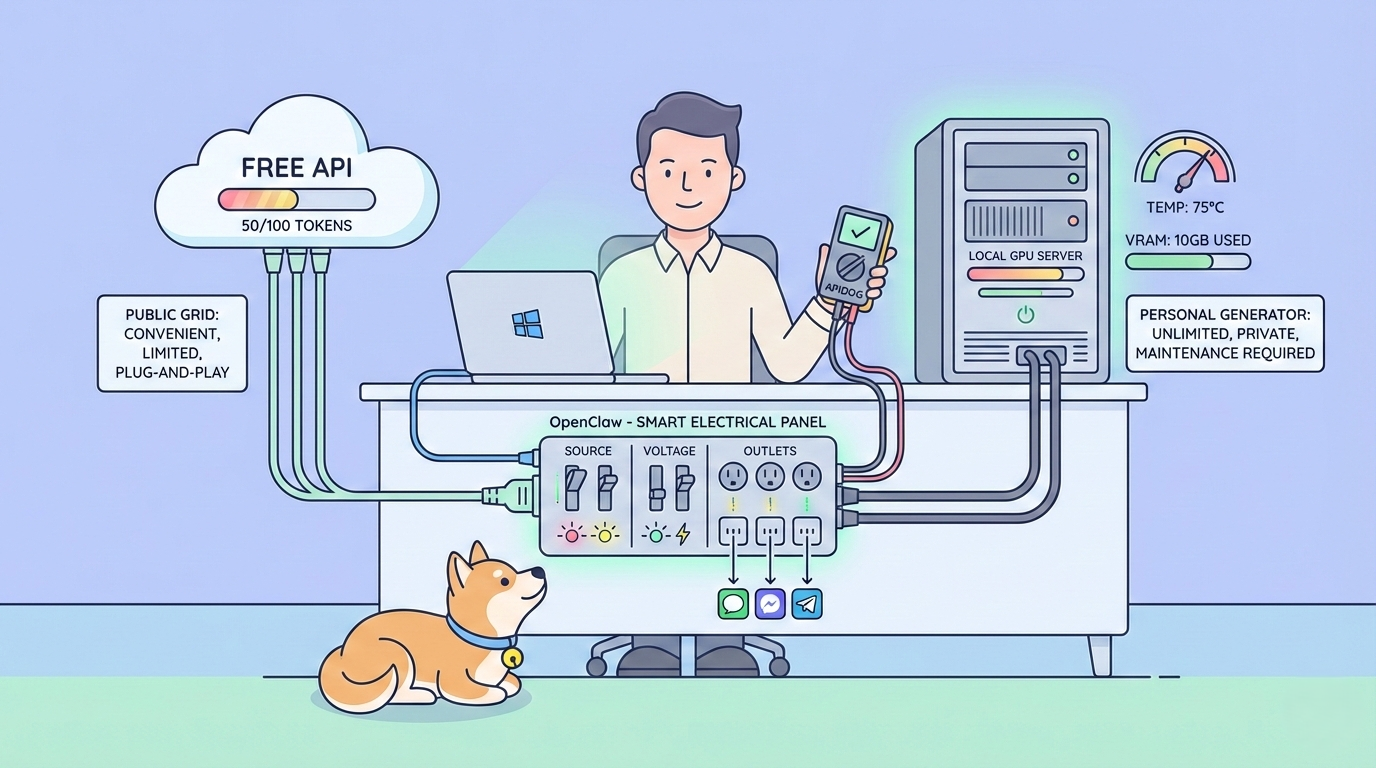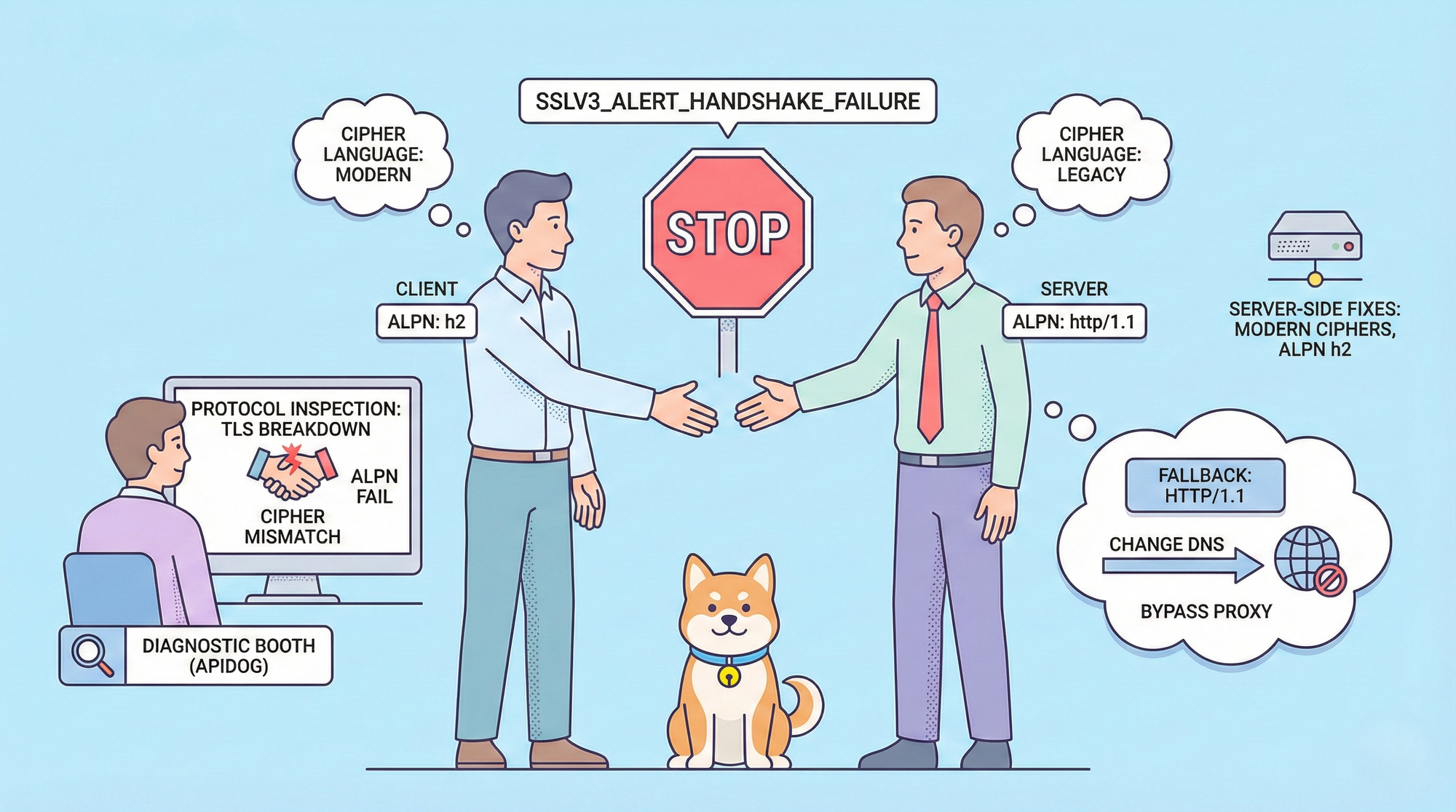Developers constantly seek tools that accelerate coding without compromising precision. Microsoft and OpenAI deliver exactly that with the recent integration of OpenAI Codex into Visual Studio Code (VSCode) via a GitHub Copilot subscription. This advancement allows programmers to harness advanced AI capabilities right within their preferred editor.
This article examines the technical intricacies of this integration, from its foundational components to practical implementations. Engineers will find detailed insights into how OpenAI Codex enhances VSCode, supported by real-world examples and optimization strategies.
Understanding OpenAI Codex: The Core AI Engine
OpenAI Codex represents a specialized AI model tailored for coding tasks. Engineers train it on vast datasets of code from public repositories, enabling it to generate, refactor, and debug code across multiple languages. Unlike general-purpose language models, OpenAI Codex focuses on understanding programming syntax, semantics, and best practices.

For instance, OpenAI Codex interprets natural language prompts and translates them into executable code. Developers input descriptions like "Create a Python function to sort a list of dictionaries by a key," and the model produces optimized implementations. This capability stems from its architecture, which builds on GPT-5 foundations but optimizes for agentic behaviors—meaning it acts autonomously on complex tasks.
Furthermore, recent upgrades to OpenAI Codex introduce GPT-5-Codex, which improves speed and reliability. The model now handles small requests rapidly while dedicating more reasoning time to intricate problems. It supports image inputs, allowing developers to upload wireframes for front-end tasks, and operates in sandboxed environments for security.
In the context of VSCode, OpenAI Codex integrates seamlessly, leveraging the editor's extensions ecosystem. This setup ensures that AI assistance aligns with your existing workflow, reducing context switches and boosting focus.
The Evolution of GitHub Copilot: From Suggestions to Full Integration
GitHub Copilot has transformed how developers write code since its inception. Initially, it provided inline suggestions based on context, drawing from OpenAI models to autocomplete functions and blocks. However, the tool evolved to include chat interfaces for interactive queries.
The latest upgrade, announced at GitHub Universe 2025, elevates this further by incorporating OpenAI Codex directly. With a Copilot Pro+ subscription, users access advanced features like context-isolated sub-agents and Plan Mode. These additions allow Copilot to manage specialized tasks independently, optimizing token usage and performance.
Moreover, this integration unifies local and cloud-based agents, enabling developers to delegate resource-intensive operations to the cloud while maintaining local control. Such enhancements address common pain points, such as limited context windows in traditional AI tools.
Introducing the Agent Sessions View: A Unified Control Center
VSCode's Agent Sessions view serves as the hub for managing AI interactions, including the new OpenAI Codex integration. This interface lists active sessions, tracks progress, and facilitates task delegation between local and remote agents.
Developers open the view to see sessions categorized by agent type, such as GitHub Copilot Cloud Agent or OpenAI Codex. Each entry displays metrics like line changes (+/-) and timestamps, providing at-a-glance insights into ongoing work.

For example, in a meal-planning app project, OpenAI Codex might suggest adding a recipe view modal. The view shows the agent's reasoning steps, ensuring transparency. This structure prevents overlap and streamlines collaboration in team environments.
Transitioning from setup to usage, the view integrates with VSCode's command palette, allowing quick access via shortcuts.
Step-by-Step Setup: Integrating OpenAI Codex in VSCode
Engineers begin by installing VSCode Insiders, the preview build that supports experimental features. Download it from the official site and run it alongside the stable version to avoid disruptions.

Next, install the Codex extension from the VSCode Marketplace. Search for "OpenAI Codex" and enable it. Authentication requires a GitHub Copilot Pro+ subscription—sign in through the extension's prompt.

Once configured, OpenAI Codex appears in the Agent Sessions view automatically. Test the integration by starting a session: prompt the agent with a task like refactoring a JavaScript module. The system handles context summarization if prompts exceed limits.

Additionally, customize settings for sandbox security, enabling network access only when necessary. This setup takes minutes but yields hours of saved time in daily coding.
Technical Deep Dive: How OpenAI Codex Processes Tasks
OpenAI Codex employs a multi-layered approach to task handling. It first parses the prompt, extracting intent and relevant code context from open files.
Using GPT-5-Codex, it adjusts reasoning depth dynamically. For simple queries, responses arrive in seconds; for refactors spanning files, it may take minutes while analyzing dependencies.
In VSCode, the integration leverages the Language Server Protocol (LSP) for seamless code insertion. Developers review suggestions in diff views, accepting or rejecting changes with keyboard shortcuts.
Furthermore, sub-agents isolate tasks like test-driven development (TDD). A main agent delegates to a sub-agent for writing unit tests, preserving context efficiency.
Consider a scenario: You prompt OpenAI Codex to implement an API endpoint. It generates code, runs virtual tests in the cloud, and proposes optimizations based on performance metrics.
Benefits for Developers: Enhanced Productivity and Code Quality
This integration boosts productivity by automating repetitive tasks. Developers focus on architecture while OpenAI Codex handles implementation details.
Moreover, it improves code quality through built-in reviews. The model detects bugs by simulating executions and suggests fixes, reducing debugging cycles.
In team settings, shared sessions via GitHub enable collaborative AI use. Engineers assign tasks to agents, review outputs in pull requests, and merge with confidence.
However, limitations exist, such as subscription costs and potential hallucinations in complex domains. Mitigate these by providing detailed prompts and verifying outputs.
Use Cases: From Web Apps to API Development
OpenAI Codex excels in web development. For a React app, it generates components from descriptions, integrates state management, and optimizes renders.
In backend scenarios, it crafts Express.js routes or Django views. When building APIs, it ensures compliance with standards like REST or GraphQL.
Here, Apidog complements the process. As OpenAI Codex generates API code, Apidog tests endpoints, mocks responses, and documents schemas. This synergy accelerates full-stack development.
For machine learning projects, OpenAI Codex assists in scripting TensorFlow models or PyTorch pipelines, drawing from its training data.
Comparing OpenAI Codex with Competitors
Compared to Anthropic's Claude or Google's Gemini Code Assist, OpenAI Codex stands out for its deep VSCode integration and agentic capabilities.
Claude offers strong reasoning but lacks native sub-agent support. Gemini integrates well with Android Studio but not as tightly with VSCode.
Furthermore, OpenAI Codex's pricing via Copilot Pro+ provides value for GitHub users, unlike standalone subscriptions.
Optimizing Workflows: Tips and Best Practices
Maximize efficiency by crafting precise prompts. Include language specifics and constraints to guide outputs.
Additionally, use Plan Mode to outline steps before execution. This feature analyzes requirements, generates plans, and validates coverage.
Integrate with version control: Commit agent-generated changes separately for easy rollbacks.
For API-focused work, pair with Apidog. Generate code with OpenAI Codex, then import into Apidog for testing—ensuring robustness.
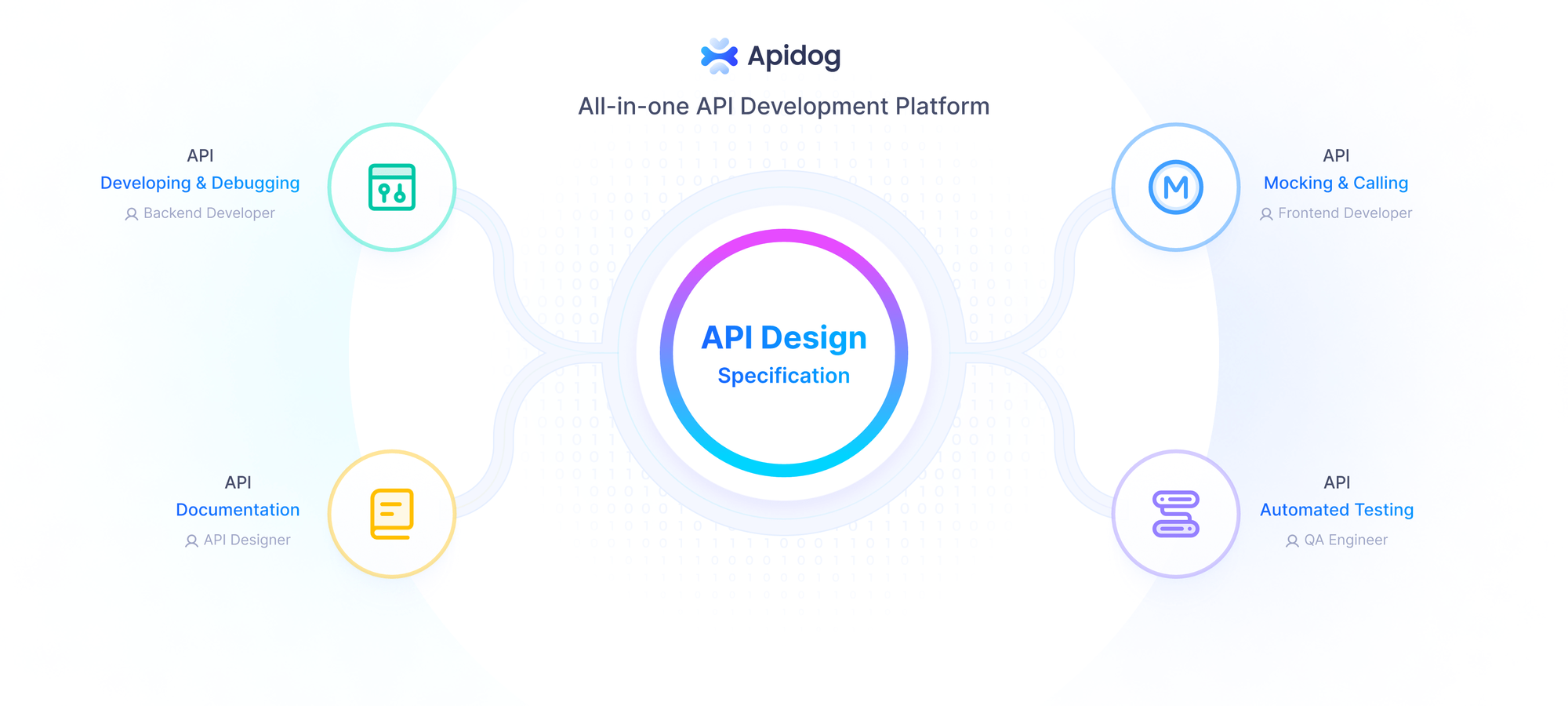
Security Considerations in AI-Assisted Coding
OpenAI Codex prioritizes security with sandboxed executions. Developers control permissions, preventing unauthorized access.
However, review sensitive code manually to avoid data leaks. Use enterprise plans for advanced compliance features.
Conclusion: Embrace the Future of Coding
OpenAI Codex integration in VSCode, powered by GitHub Copilot, empowers developers to code smarter. By following the setups and practices outlined, you achieve unprecedented efficiency.
Start today: Install Insiders, subscribe to Copilot Pro+, and explore Agent Sessions. Complement with Apidog for comprehensive workflows—download it free now.
